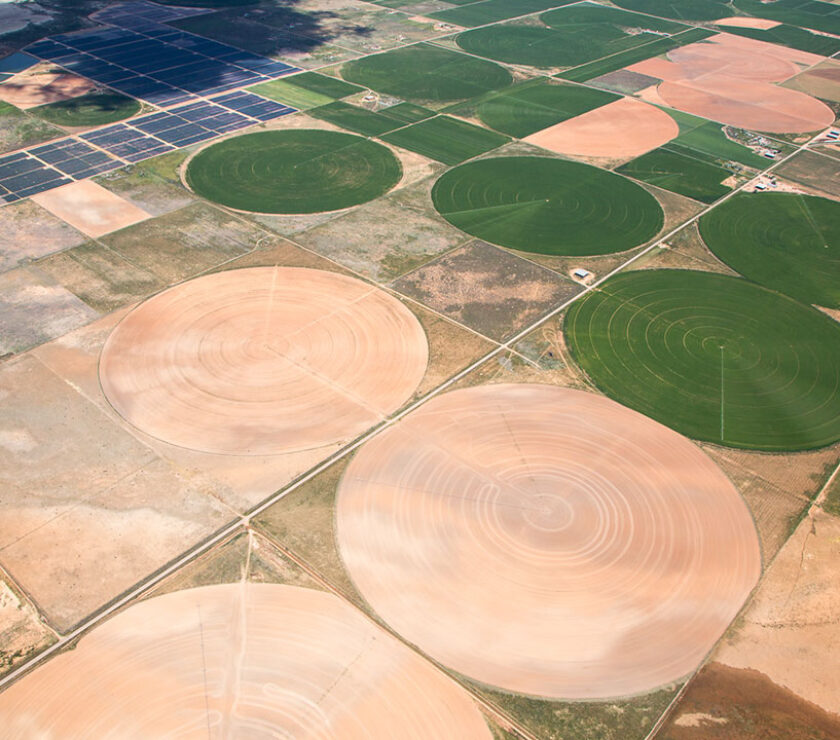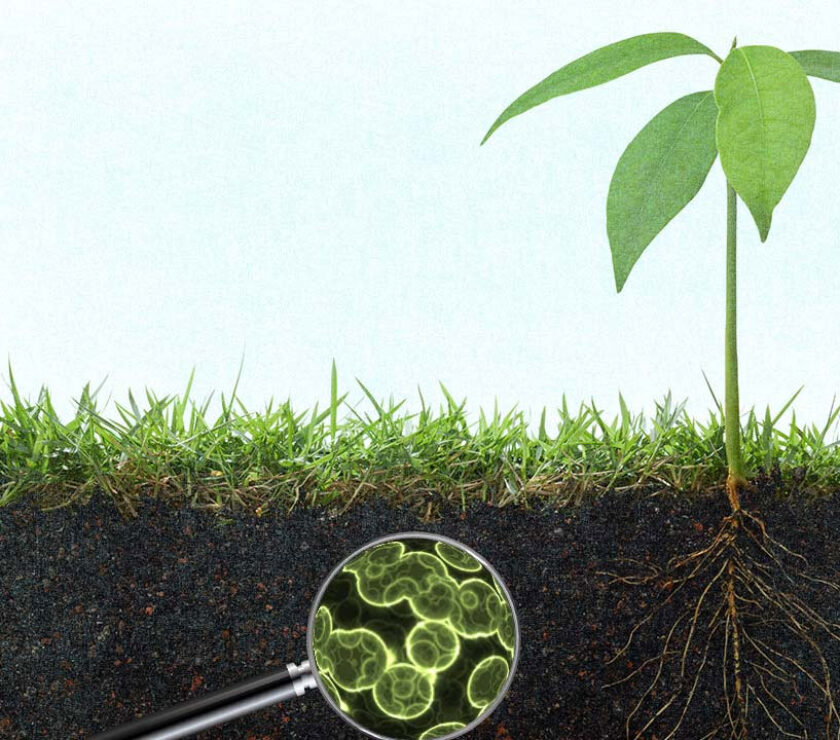Bontera SA
June 2023
In a world grappling with the urgent need for sustainable and environmentally friendly farming practices, several pressing concerns and issues need to be addressed.
Soil degradation poses a significant risk to farmers and affects the quality and quantity of food produced. Degraded soils lack essential nutrients and water retention capacity, making crops more susceptible to droughts and other stresses. This leads to increased expenses for farmers who must invest more in external nutrient sources and pesticides to combat pests and diseases.
Furthermore, degraded soils yield lower-quality produce, which drives up prices for end consumers. Another concern is the strain on natural habitats caused by the increasing demand for food production. The reliance on chemical fertilisers in traditional farming methods has led to significant environmental consequences, including high carbon emissions and water pollution.
Addressing the issues
The pioneering group of scientists from Bontera recognised these concerns and is actively addressing them. At the heart of our approach is the development of products based on naturally occurring soil microbes. Unlike other microorganism based products that focus on single microorganisms performing specific functions, our products harness the power of diverse microbial communities. These high-performance products, enriched with organic acids and micronutrients, work in harmony with plants, helping them obtain essential nutrients and promoting biodiversity in both the soil and the plant.
Bontera goes beyond simply solving problems related to pests, diseases and nutrient deficiencies. We aim to optimise plant growth and prevent these issues from arising in the first place. Using our microbial products, we empower plants to resist diseases and ensure they receive the necessary nutrition, resulting in healthier and more resilient crops.
Making the change
Recognising the need for change, we aim to be at the forefront of the transition toward environmentally friendly alternatives to chemical products, believing that providing tangible, effective solutions will motivate farmers to adopt more sustainable practices for the environment’s sake and their long-term benefit.
Our objectives align with the United Nations’ Sustainable Development Goals, particularly goal number two: achieving sustainable food production systems. By implementing resilient agricultural practices and maintaining ecosystems, we aim to contribute to the target of ensuring sustainable food production systems by 2030. We are actively working towards this goal in sub-Saharan Africa – where the focus on immediate productivity often overshadows long-term sustainability.
By addressing concerns such as soil degradation, environmental strain, and the reliance on chemicals, we – and our farmers – are making significant strides towards a more sustainable and environmentally friendly future for agriculture.
Innovation and commitment are much needed to provide effective alternatives to traditional farming methods, and are essential in ensuring the production of high-quality, abundant crops and foodstuffs – for a long-term food security in our region.



